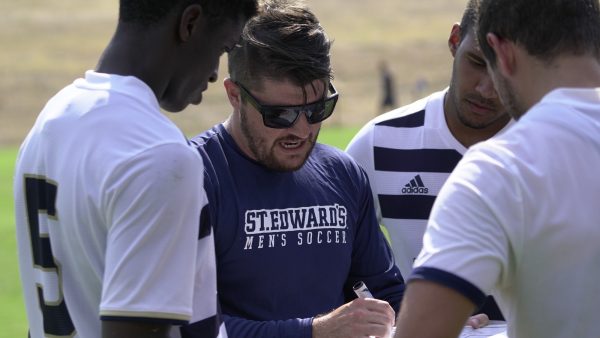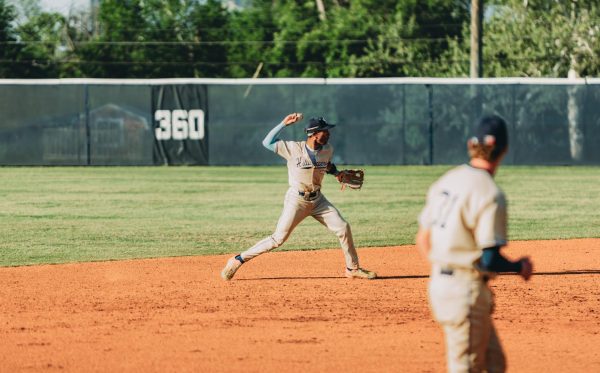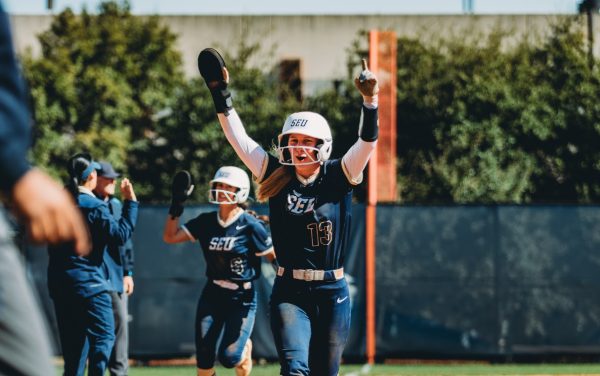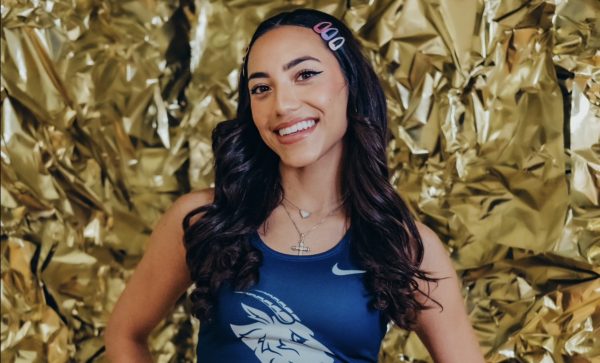Northwestern football team attempting to unionize
Pay for play and player compensation has long been at the forefront of debate in collegiate athletics, but neither the NCAA nor the universities have taken any real steps to implement such a system. However, in an unexpected turn of events it is the players who have taken the initiative in securing compensation for their athletic services.
Former Northwestern University quarterback Kain Colter and other current Wildcats football players have joined forces with the College Athletes Players Association (CAPA) in a bid to unionize college athletics, winning these rights in the Chicago district of the National Labor Relations Board (NLRB) on March 26.
With this ruling, Northwestern football players now qualify as employees of the university, allowing them to unionize and collectively bargain under the representation of the CAPA. Contrary to popular belief though, Colter and the Northwestern players are not motivated by prospect of money.
Despite talks of regular wages and stipends as compensation for players who in 2012 generated nearly $10.6 billion in revenue for college athletics, Colter is only out for basic rights and protections for past and present players.
Centered on medical expenses and academic protections, Colter wants to ensure that players are taken care of for any injuries they sustain playing for and promoting their schools. In addition, he wants to see fair treatment in the classrooms and increased graduation rates for college players, whose athletic commitments can take significant time away from their studies.
Northwestern, however, is appealing the ruling to the NLRB in Washington, D.C., claiming that its student athletes are not employees and are well accommodated academically and medically. With a 97 percent graduation rate among football players and medical coverage that can extend a year or more beyond their enrollment, university officials believe Northwestern is validated in their stance.
The NCAA and all of its major conferences such as the Big Ten and Southeastern Conference (SEC) are also opposed to the idea of players unionizing, worried that the scholarship system that has helped millions of athletes attend college and advance to professional leagues will be destroyed.
There is also a slippery slope effect involved, as many worry that player unions will result in strikes and further demands that could drain athletic department funds at smaller institutions. Many schools cannot afford to go above and beyond basic scholarships for all of their players without the risk of having to cut some of their smaller athletic programs.
The Northwestern football players are set to vote by secret ballot on April 25 whether or not to form a union. In the meantime, Colter and company have taken their fight to Capitol Hill, as have Northwestern officials, in an attempt to lobby and protect their interests in the event of legislative battles regarding the matter.






